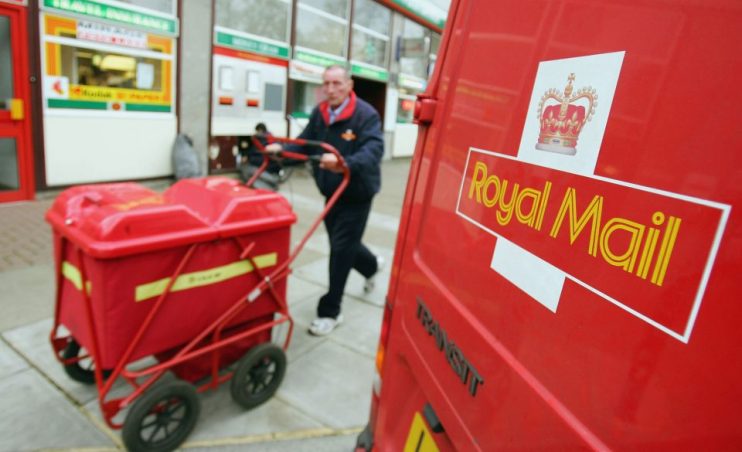As posties strike ends, is Royal Mail’s parent still keen on splitting the business?

Following the appointment of Martin Seidenberg to the top job at Royal Mail’s parent company, International Distribution Services (IDS) on Thursday, the company’s next moves could be crucial in determining the future direction of Royal Mail, analysts have said.
In his speech to the AGM on Thursday, IDS chairman Keith Williams said until it sees a “successful turnaround” the company “will continue to consider all options to protect the value and prospects of the Group, including separation”.
IDS endured a gruelling year after Royal Mail reported losses of over a billion pounds in May, with strike action costing the postal service over £200m.
However, the other half of IDS, Amsterdam-based parcel company General Logistics Systems (GLS), has remained highly profitable.
This prompted IDS to consider decoupling the group in August last year.
“The difference between the performances of our two companies could not be more stark,” said IDS chairman Keith Williams back in November.
He added: “In the event that significant change within Royal Mail is not achieved, the board will consider all options to protect the value and prospects of the group, including separation of the two companies.”
Strike action now appears to be easing off after a resounding vote by workers in favour of accepting a deal to resolve the long-standing dispute over pay, jobs, and conditions earlier this month.
With unions showing signs of settling down, Matt Britzman, equity analyst at Hargreaves Lansdown, suggested that the possibility of separating the two businesses may be less likely now.
He said: “Martin looks like a good choice to move over from GLS into the parent’s CEO seat. He’s sat on the IDS board since 2021 and has a wealth of experience in the industry.
“Will this mean any major strategy change? Probably not, the Royal Mail turnaround will be front and centre and there are already enough moving parts to manage without adding in any major changes for now. A potential split looks less likely now strike action has been resolved, but it’s not something to rule out.
“There’s still a huge divide between Royal Mail and GLS in terms of their contributions to IDS performance – but I’d expect the group to bring in a CEO at Royal Mail and give the team a chance to pull things around before conversations on a split become more serious,” Britzman added.
Publishing their first quarterly results yesterday, IDS revealed a significant disparity between the performances of Royal Mail and GLS.
While GLS experienced revenue growth of 7.4 per cent and a volume increase of four per cent from the previous year’s same period, Royal Mail’s revenue dropped by four per cent, and parcel volumes fell by 10 per cent compared to the first quarter of 2022.
Danni Hewson, head of financial analysis at AJ Bell said IDS is at a “critical juncture” and argued new boss Seidenberg might favour a split to unshackle GLS.
“It feels telling the company has appointed the head of its overseas delivery operation GLS to lead the broader group,” she said.
“Having settled the industrial action which had been dogging Royal Mail’s every move, incoming CEO Martin Seidenberg has some big decisions to make. With strikes no longer clouding the outlook, would now be a good time to consider splitting the two businesses?
“It seems likely GLS could attract a higher market valuation as an individual business, its attractions no longer obscured by the legacy issues facing Royal Mail. The latter include struggles in pushing through efficiency improvements, large pension liabilities and a fractious relationship with its workforce.
“First quarter trading reflects the divergent fortunes of the two businesses and while Seidenberg made the right noises on realising the full potential of Royal Mail, his background may make him more open to any clamour for a permanent break between the two,” Hewson explained.